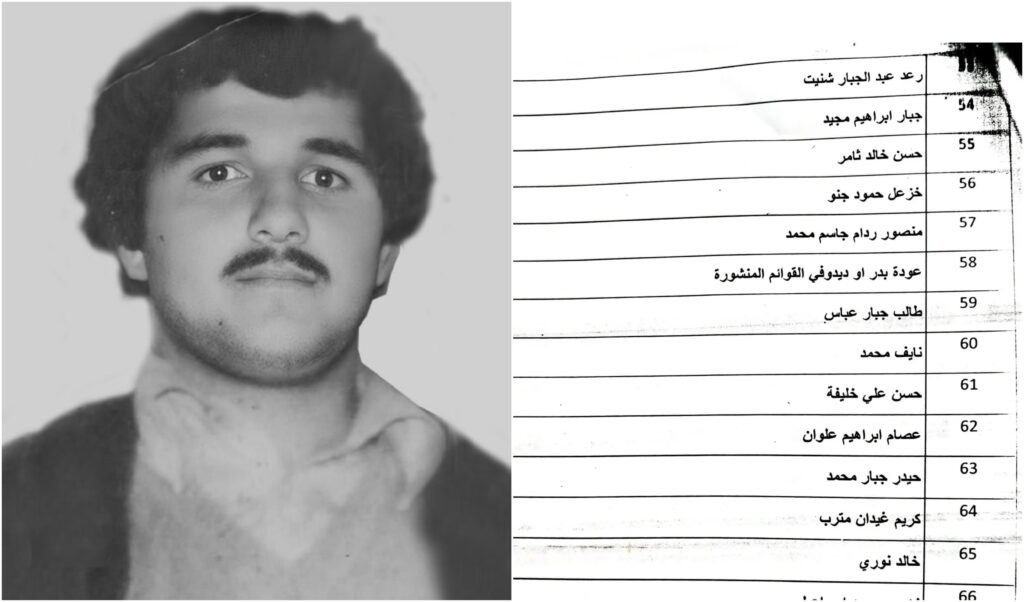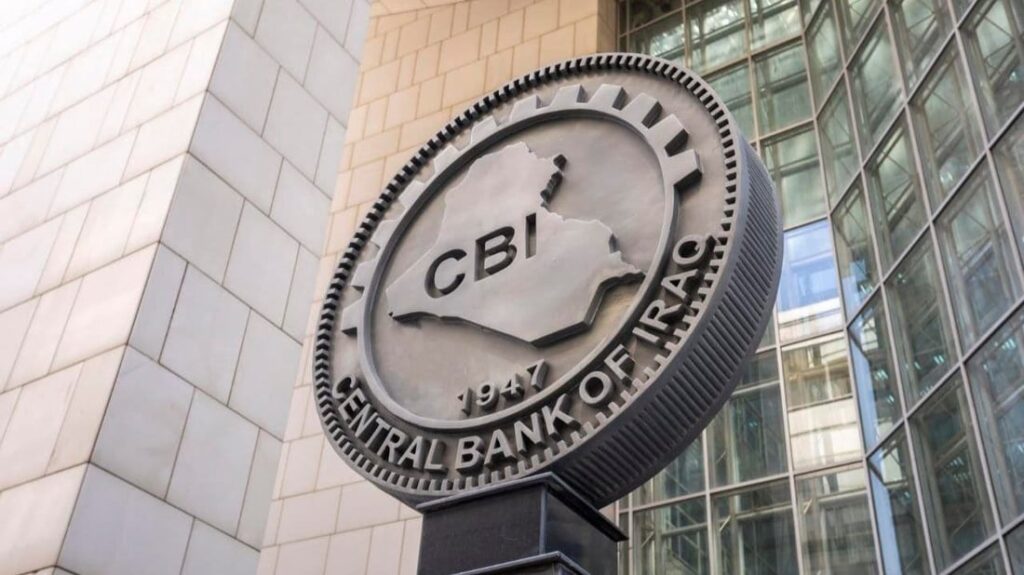Deadly attack on Kurds in Paris revives trauma of unsolved 2013 murders

Furious Kurdish demonstrators clashed with police in central Paris on Friday after three people were shot dead in a suspected racist attack on a community centre that revived the trauma of three unsolved murders many blame on Turkey.
AdvertisingParis police said they were investigating a possible racist motive after a lone gunman targeted the Kurdish cultural centre in the 10th arrondissement of Paris, shooting dead three members of the local community and injuring several more.
Clashes later broke out between police and an angry crowd that had gathered at the scene in the aftermath of the attack. Some protesters could be seen throwing objects at police and setting rubbish bins on fire.
The Kurdish community was left incensed by the attack, with many – without evidence at this stage – again pointing the finger at Turkey. They also accused French authorities of not doing enough to protect them.
"There are Kurds everywhere in Europe but only in France do we get killed," said a young Kurdish student who, like many others in the crowd, declined to give her name, reflecting the sense of fear that has gripped the community.
"We can't believe it's starting again," added her cousin, who rushed to the scene from her Paris suburb after hearing of the attack.
Both were referring to the notorious triple murders of three Kurdish women activists almost 10 years ago in the same area of Paris that deeply shook the Kurdish diaspora in France.
In January 2013, three activists from the outlawed Kurdistan Workers' Party (PKK), including one of the group's founders, were shot dead at a nearby Kurdish centre in what resembled a targeted attack.
A Turkish man was charged with the suspected assassinations afterwards, but he died in custody in 2016 before being tried.
The victims' families have long pointed the finger at Turkey for masterminding the deaths of the three women, who were shot in the head, mouth and neck, and at France for failing to investigate properly.
"You aren't protecting us. We're being killed!" a young man shouted at police as he wept in the street, a few steps away from the Kurdish centre.
Community leaders said Friday's victims included Emine Kara, a senior representative of the Kurdish women's movement in France, who had taken part in fighting against the Islamic State (IS) group in Syria.
Racist violence?
French authorities have been extremely cautious about suggesting a motive for the latest killings, with early suspicions pointing to a racially-motivated attack.
The suspected gunman is a 69-year-old French retired train driver with a history of violence against foreigners. Sources close to the investigation said he told investigators he acted out of "racism".
In December last year, the suspect was charged with attacking migrants living in tents in eastern Paris with a sword, injuring at least two of them. He had recently been released pending a hearing in the case.
The man "was clearly targeting foreigners", Interior Minister Gérald Darmanin told reporters, while adding it was "not certain" that he was aiming to kill "Kurds in particular".
"We don't yet know his exact motives," the minister added.
Kurds gathered at the scene, however, said their community had been specifically targeted – and not for the first time.
"There's all sorts of people in this neighbourhood but he only attacked Kurds," said Hilal, a 26-year-old caterer, referring to one of the most cosmopolitan areas of Paris.
"I never imagined people would come after us in France," she added. "Now we feel vulnerable and rejected as Kurds, it's not acceptable in a country like this."
'We don't even have a state of our own'
Some demonstrators could be heard chanting slogans on Friday in support of the PKK, a Kurdish organisation designated as terrorist by Ankara, the European Union and others.
The PKK has waged an insurgency against the Turkish state since 1984, initially in support of an independent Kurdish state and latterly for greater Kurdish autonomy within Turkey.
Often described as the world's largest people without a state, the Kurds are a Muslim ethnic group spread across Syria, Turkey, Iraq and Iran.
Turkey launches regular military operations against the PKK as well as Kurdish groups it accuses of being allies in neighbouring Syria and Iraq.
More recently, Kurdish areas in Iran have borne the brunt of the Islamic Republic's deadly crackdown on protests.
>> Read more: The Kurds are the 'ideal scapegoat for both Turkey and Iran'
The Kurdish Democratic Council of France, an umbrella Kurdish group headquartered in the cultural centre targeted on Friday, pointed the finger at Turkey during a press conference after the shooting.
"For us there is no doubt that it is a terror attack which has occurred just before the 10th anniversary of the triple murders of three Kurdish activists in Paris," said senior member Agit Polat.
"We don't even have a state of our own, why are people attacking us?" asked Pierre Oguz, the owner of a nearby Kurdish restaurant famed for its lahmacun sandwiches.
"It's a little planet here, all communities live together in peace," he added. "We never thought this would happen but now we're scared."
(FRANCE 24 with AFP)


